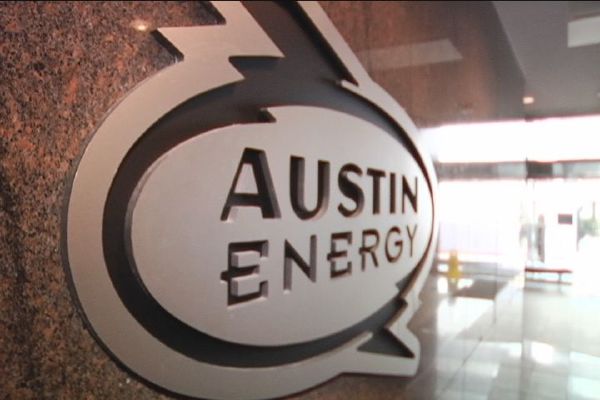Austin Energy Receives Half a Million For Clean Cities Project

Austin Energy, an energy company owned by the City of Austin that serves the residents of Austin and surrounding areas, is about to receive a $500,000 grant for the Central Texas Fuel Independence Project from the US Department of Energy (DOE) to support alternative energy initiatives.
The purpose of the project is to not only help implement alternative energy, mainly electricity, as an alternative to oil, but also to fund training and education for consumers and businesses about alternative energy. The method to doing this is to use the DOE national program, Clean Cities, which helps educate the public and private sectors about the benefits of alternative energy.
The project summary lays out some basic guidelines for how this will be done:
"[One purpose of the plan is to] Fund activities of the Clean Cities serving the region, enabling them to better execute on their mission as the primary vehicle for training and education supporting a transition away from oil as the primary transportation fuel source."
The funding comes at a juncture when Austin Energy needs it most; after the proposition of many other plans, namely partnerships with other Clean Cities chapters, whose aim it is to educate drivers about the benefits of alternative energy.
"The new funding will allow us to implement these plans," said Matthew Crosby, author of the grant application. "We're just one of many Clean Cities chapters across the country."
The initiative will not simply be limited to Austin and its surrounding areas. Austin Energy plans to work closely with partners in San Antonio who will split the funding with the energy company.
"AE is the prime recipient of the award and working closely with Alamo Area Clean Cities for San Antonio activities." Crosby said. "Both Austin Energy and Alamo will follow standard procurement procedure to award subcontractor funding to carry out specific tasks, such as a contract for marketing and education campaign, safety and dealership trainings, etc."
The actual way this will be implemented is through several methods. Namely, there will be an expanded outreach campaign to stress alternative energy as an attractive choice for car buyers. The funding also outlines the formulation of effective business models and incentives that support alternative energy efforts both now and in the future.
In addition to stressing the importance of electricity as an alternative energy source, the campaign will cover other alternative fuels as well, such as natural gas.
"The funding will also expand to natural gas powered vehicles." Crosby added. "I do think there is a lot natural gas vehicles can do to compliment electric vehicles. For example, medium and heavy vehicles are a lot better with natural gas."
While the clean energy campaign will include initiatives and blueprints for more efficient utilization of alternative energy, Crosby also stressed the importance of marketing to the citizens about how alternative energy can benefit their daily lives, even if just from a financial standpoint.
"I think the one key factor we want to emphasize is marketing and education; that plug-in vehicles are actually viable and even desirable here in Texas." He said.
The details of the implementation and funding have yet to be decided, but Crosby believes the goal of all of this should be a simple one: educate drivers and citizens about the benefits of alternative energy.
"Electricity is much more cost effective, not to mention more effective as a fuel, than oil." Crosby said. "This will help to get the message out to Austin and San Antonio drivers."




